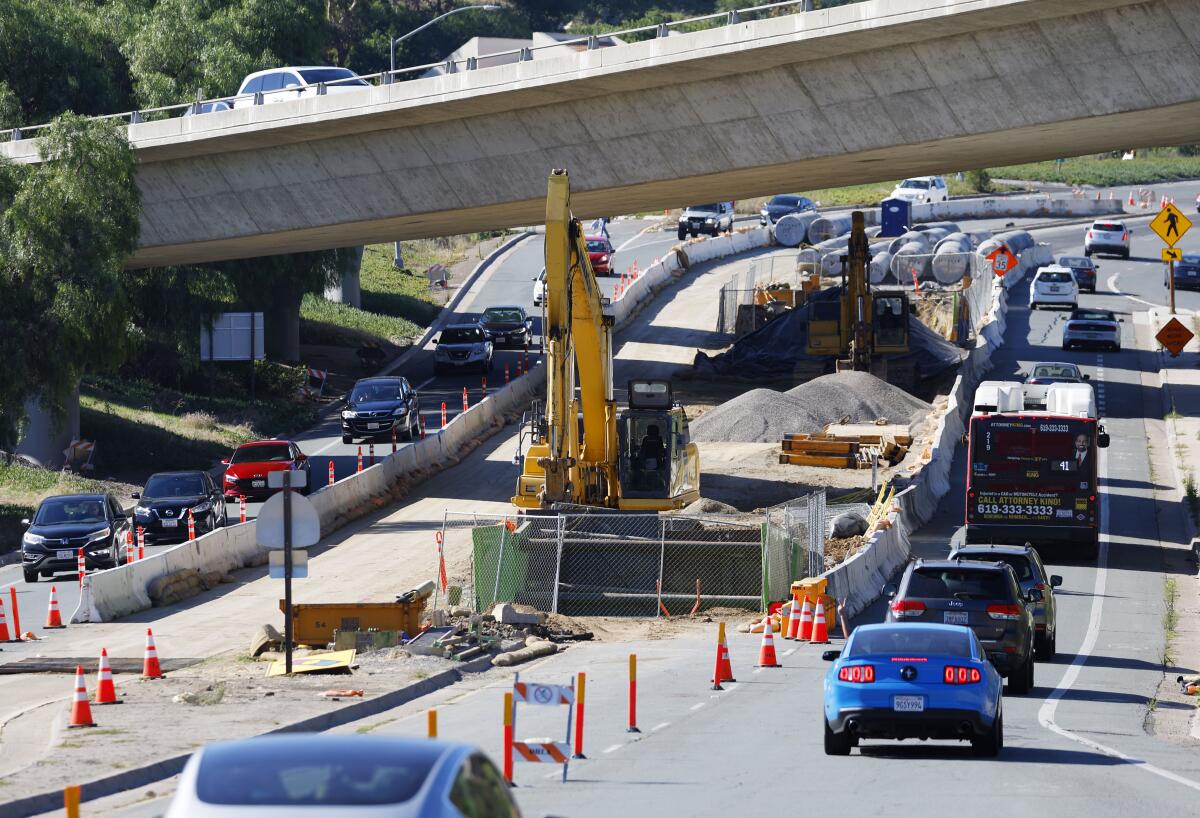California is testing a bold initiative that could change the way drivers contribute to road maintenance. With electric vehicles (EVs) rapidly replacing traditional gas-powered cars, the Golden State is considering a groundbreaking tax system based on the miles driven rather than the fuel consumed. This shift comes as the state grapples with dwindling revenues from its gas tax, which has long been a cornerstone of California’s road funding.

The proposal aims to address the financial discrepancies caused by the increasing adoption of electric vehicles. According to the California Department of Transportation (Caltrans), the state is facing a potential $4.4 billion shortfall in its budget over the next decade due to the reduced gas tax income. As Lauren Prehoda, a spokesperson for Caltrans, explained, “On average, Californians pay about $300 a year in state gas taxes. EVs have a $100 (annual) registration fee… that’s a $200 million a year loss.”
Pioneering the Per-Mile Tax Concept
In response to the financial challenge, California is pioneering a pilot program that invites drivers to pay taxes based on the distance they travel. This per-mile tax, set at approximately 3 cents per mile, is being touted as a fairer and more sustainable method of funding road infrastructure.
Getting rid of the mileage tax was a great win for San Diego County! Now, it's important we prepare to push back against any proposal coming from the State of California.
San Diegans have made it clear, they do not want to be tracked and taxed! pic.twitter.com/nvn95pLpKR
— Bill Wells (@MayorBillWells) September 27, 2023
The pilot program is not only innovative but also incentivizes participation. Volunteers who agree to track their mileage for tax purposes are eligible for up to $400 in incentives. These incentives include initial and concluding bonuses of $100 each, with an additional $200 awarded to those who fulfill their mileage tax commitments throughout the six-month trial.
Participants have several options for reporting their mileage, including the use of a tracking device installed in their vehicle, utilizing their vehicle’s built-in system, or manually submitting odometer readings.

A National Trend?
California’s move could set a precedent for other states considering similar measures. Already, states like Utah and Oregon have implemented voluntary mileage tax programs, with charges ranging from 1 to 2 cents per mile. Other states, including Hawaii, Massachusetts, and Washington, are exploring or have introduced legislation related to mileage-based taxes.
Conversely, states like Texas have opted for different strategies, such as imposing a $200 annual registration fee on EV owners to offset lost gas tax revenues. Similarly, some states are exploring taxing the electricity used at public charging stations to recoup revenue.

California’s Mileage Tax: Funding Roads in an Electric Future
As the number of electric vehicles on California’s roads surpasses 1.2 million, the state continues to lead the nation in EV adoption, accounting for a quarter of all new car sales in 2023. This transition underscores the urgent need for innovative funding solutions that can keep pace with the evolving automotive landscape.
California’s experiment with a mileage tax represents a significant step toward rethinking how roads are funded in the age of electric vehicles. Whether this model will gain traction in other states remains to be seen, but California’s proactive approach may inspire similar adaptations across the country.
As the debate over the best methods for funding transportation infrastructure continues, California’s mileage tax pilot emerges as a crucial test of how states can maintain crucial public services in an increasingly electric future.










